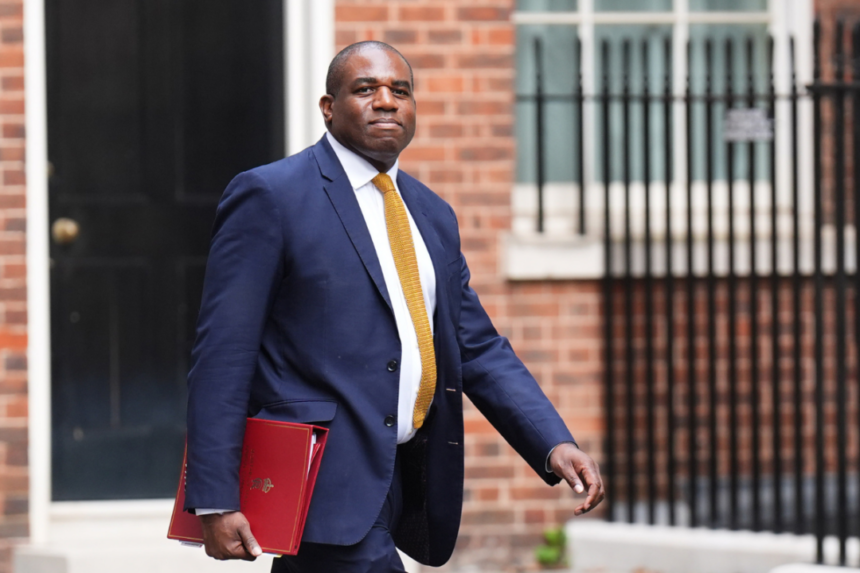During his visit to Nigeria, the Foreign Secretary seemed to retract his previous support for monetary reparations but remained open to non-financial agreements. Foreign Secretary David Lammy emphasized that discussions about reparations for the slave trade should focus on the future rather than exchanging cash. He signed a “strategic partnership” in Nigeria covering economic ties, national security, and climate issues, highlighting a shift from his previous stance on reparations. Lammy stressed the importance of looking forward and not dwelling on financial compensation, especially in light of global economic challenges. The UK government has acknowledged its role in the slave trade and expressed regret, but Lammy’s current approach focuses on building respectful partnerships and long-term growth in Africa. This marks a departure from his earlier advocacy for reparations during his time in opposition and in the shadow cabinet. The Foreign Secretary’s visit to Nigeria and upcoming meetings in South Africa aim to strengthen economic cooperation and address climate change, emphasizing mutual growth and opportunities for both British and African citizens. Prime Minister Keir Starmer has also reiterated that reparations are not on the agenda for discussions with other countries. Starmer emphasized the importance of learning from the past rather than being defined by it, despite understanding the strong emotions surrounding the issue. The final statement from the Commonwealth Heads of Government Meeting (CHOGM) in Samoa acknowledged the need for a meaningful and respectful conversation to move towards a common future based on equity.
The Brattle Report, supported by Judge Patrick Robinson, claimed that the UK owed over £18 trillion in reparations for its involvement in slavery in 14 Caribbean countries. A recent poll showed that 24% of white people in the UK supported the idea of the government paying reparations to black people, while 61% of black people backed the concept.
Although the UK played a significant role in ending the slave trade through abolition in 1807 and outlawing slavery throughout the British Empire in 1833, opponents of reparations point out that historical context includes white enslavement and black involvement in the slave trade.
Starmer announced plans for a UK-Caribbean forum in 2025 to focus on forward-looking discussions on climate, education, trade, and economic growth. The aim is to address these critical issues rather than dwell on the past. This report contains contributions from PA Media.
Source link






